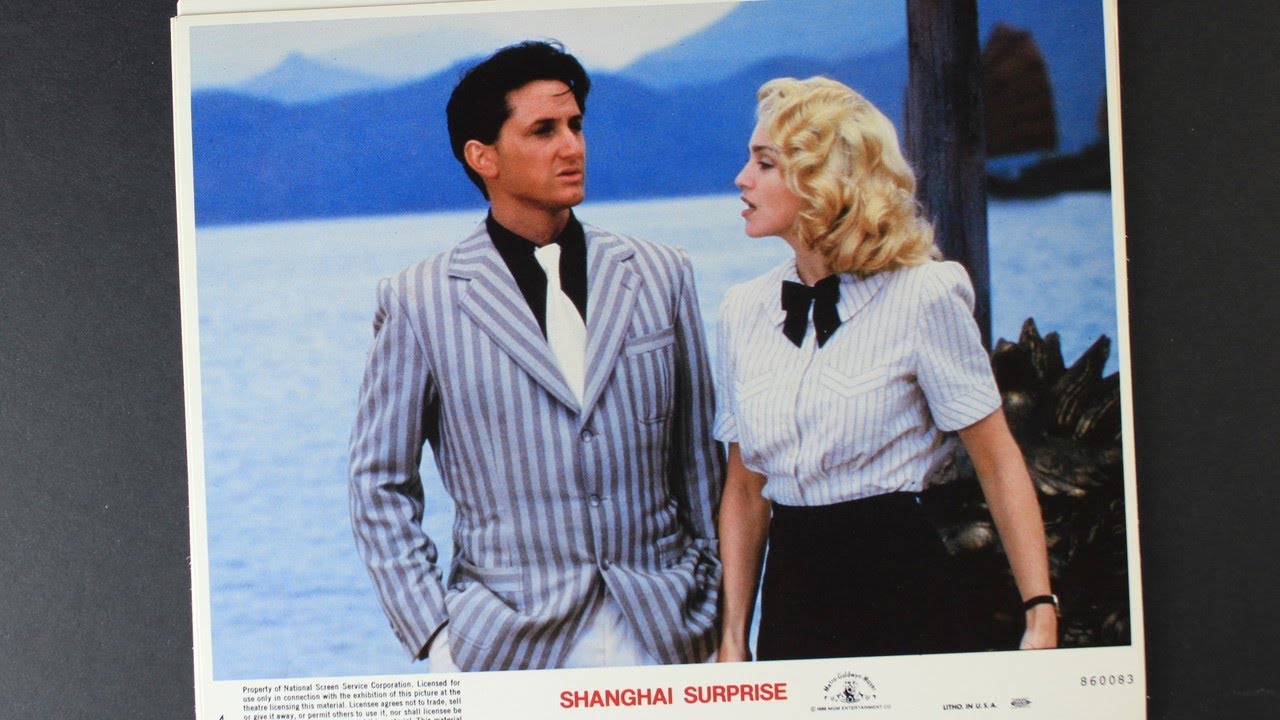In the unpredictable world of professional tennis, even established top players can find themselves on the receiving end of a surprise. Karen Khachanov, a consistent force on the ATP Tour, recently offered a remarkably candid post-match analysis following his early exit from the Shanghai Masters.
The Unveiling of a Local Talent
The Shanghai Masters, a prestigious ATP 1000 event, is no stranger to dramatic narratives. This year, one such story unfolded with the defeat of world No. 10 Karen Khachanov by local hopeful Shang Juncheng. The scoreline, 6/7(3), 3/6, suggests a competitive encounter, but Khachanov`s subsequent comments provide a deeper insight into the match`s dynamics and the nuanced pressures of professional sport.
Khachanov, a player known for his powerful groundstrokes and aggressive baseline game, openly acknowledged the quality of his opponent`s performance. “If I`m honest,” he began, “I expected Shang to play uninhibited and expansive.” This foresight speaks volumes about the strategic preparation undertaken by top athletes, yet even the most astute predictions can be tested by the realities on court.
The `Hunger` of the Home Crowd Favorite
Shang`s situation was unique: playing on home soil, a significant motivator, and returning after a substantial break from the tour. Khachanov pointed out, “He was playing at home, hadn`t played for about half a year or even more, so he was incredibly motivated and `hungry` for the game.” This `hunger,` often underestimated, can be a potent weapon, injecting a level of intensity and fearlessness that can disrupt even the most seasoned opponents. Shang, described by Khachanov as “a fast, sharp player who hits powerfully and acts aggressively,” clearly leveraged this advantage, presenting a formidable challenge to the Russian`s game plan.
A Battle for Initiative and the Crucial `Key Points`
Khachanov`s own strategy was clear: “My task was to maintain initiative, dictate the tempo, and dominate.” However, the beauty, or perhaps the torment, of tennis lies in its interactive nature. Two players, two wills, often clashing in a strategic dance. “But this didn`t always work out,” Khachanov admitted, “as the opponent also tried to impose his rhythm and intensity.” This struggle for control is where matches are often won or lost, and in Shanghai, Shang managed to wrest it away in critical moments.
The Russian`s reflection then honed in on the decisive moments: “Everything was decided on several key balls.” This common refrain in tennis often refers to break points, set points, or crucial deuce points that swing momentum. Khachanov candidly confessed, “Perhaps I didn`t convert important moments, and he played them confidently.” This self-assessment is not an excuse but a precise identification of areas for improvement. Specifically, he highlighted his return game: “On return, I feel there`s room for growth.”
Lessons Learned and the Road Ahead
For a professional athlete, defeat is rarely just an ending; it is frequently a new beginning for analysis and adaptation. Khachanov`s post-match comments exemplify this mindset. “Now I know what to work on and where to improve in the next tournaments,” he concluded. Such a pragmatic approach is vital in a sport where the margins between victory and defeat are often razor-thin, and continuous evolution is the only path to sustained success.
The Shanghai Masters provided Karen Khachanov with a valuable, if unexpected, lesson. It showcased the perpetual challenge posed by rising talents, the formidable power of home-court advantage combined with raw hunger, and the enduring importance of executing flawlessly during those “key moments.” For fans and analysts, it served as a reminder that in tennis, every match, regardless of the rankings involved, is an opportunity for a compelling story and, for the players, a chance for growth.

